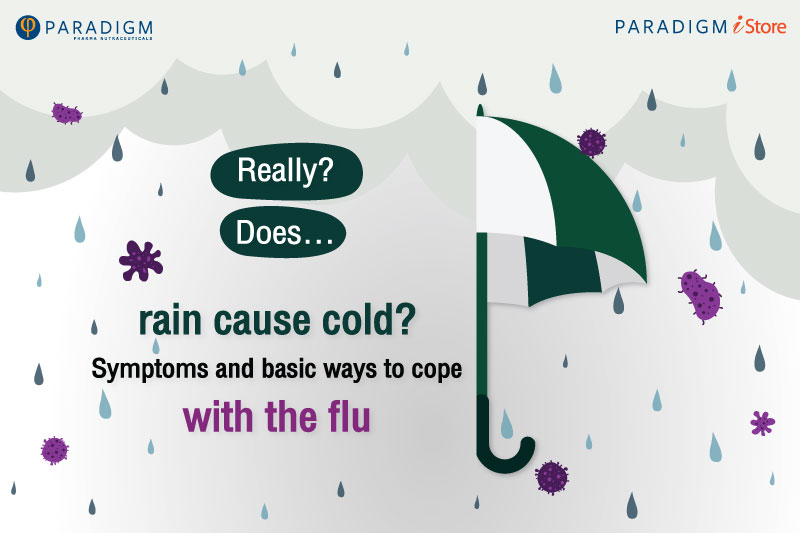During the ongoing spread of COVID-19, many people have started seeking alternative remedies from Thai herbal medicine to boost immunity and alleviate symptoms.
Category Archives: Health Articles
In today’s world, maintaining digestive health, particularly gut health, has become a topic of great interest—especially among working adults and families with elderly members.
Digestive health issues may seem minor and ordinary to many, but for individuals with a sensitive stomach who frequent diarrhea, these problems
Multivitamins, what are they? Why are they important and beneficial? Multivitamins are dietary supplements that contain a variety of vitamins
When entering the age of 30+, if you don’t take good care of your skin, apart from ‘wrinkles’ signs of aging will start to appear
Winter is another critical period when families need to pay special attention to the health care of the elderly, especially in Thailand
Which probiotic brand is good? Which one is suitable for us? How beneficial are they? What are the benefits? These are often basic questions
What is protein and how is it essential for the body? Protein is a vital nutrient for the growth and development of the body.
During the rainy season, we often hear the phrase Don’t get wet, or you’ll catch a cold. But is it true that rain can cause us to catch a cold?
“Cramp” is a condition of muscle cramping that causes pain and stiffness, often occurring suddenly and persisting for a period of time.











